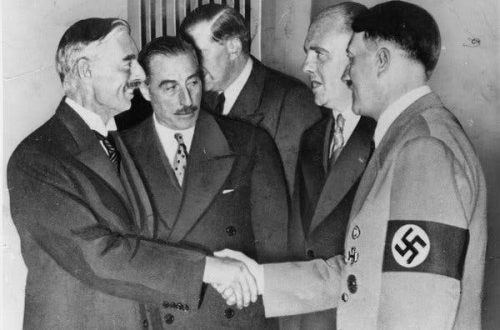George Packer posts on his blog an account of his participation on a panel with Tariq Ramadan in New York.
[B]y the time my turn came, the general picture was surprisingly, reassuringly bright: reconciling Islamic faith with liberal values is easy; the views of Muslims are basically the same as everyone else’s; the oppression of Muslim women is a third-order issue. It struck me that, in an event sponsored by groups whose whole purpose is a commitment to freedom of thought and expression (PEN, the A.C.L.U., and others), no one had said a word about the many threats to it in countries where Muslims constitute the majority, or where some Muslims who are in the minority refuse to accept it. And yet every day the news brings us such stories, so that they’ve become numbingly familiar.
I asked Ramadan two questions. The first was historical: drawing from a chapter in Paul Berman’s forthcoming book “The Flight of the Intellectuals”, I described the relationship between Ramadan’s grandfather, Hassan al-Banna, founder of the Muslim Brotherhood, and Amin al-Husseini, the Mufti of Jerusalem and a Nazi ally who made a series of genocidal broadcasts on an Arabic radio program transmitted from wartime Berlin, urging Arabs to rise up and kill Jews. I cited quotations from al-Banna expressing pro-Nazi and anti-Semitic views; I quoted Sheikh Yusuf al-Qaradawi, a follower of al-Banna who is a hugely popular TV preacher on Al Jazeera, expressing similar views. And I asked Ramadan why he had never acknowledged, let alone condemned, these things.
My second question was philosophical: I wanted to know if Ramadan believed that rights are inherent in human beings or must be granted by the authority of religious texts—and, if the latter, what happens when, for example, freedom of speech collides with the injunction against blasphemy?
We didn’t have time to air fully the second question. But on the first, Ramadan and I went back and forth a number of times. And he couldn’t give me a direct answer. He hedged, he spoke about context, he suggested that the quotes were mistranslated, that they didn’t actually exist. But he refused to acknowledge that his grandfather and the Muslim Brotherhood in its origins were characterized by anti-Semitic or totalitarian views. It seemed clear that there was a limit to what he would allow himself to say or think, and that I had found it.
[Moderator Jacob] Weisberg had asked me at the outset whether I thought Ramadan said different things to different audiences, and whether I thought he evaded hard questions about the conflicts between the open society and fundamentalism. On the first, I said no—he has no hidden agenda, he’s an open book, and it’s essentially moderate. On the second, I said I wasn’t sure and hoped to find out. By the end of the evening, I knew the answer. Ramadan is building a worthy bridge on a rotten foundation.
If anyone wants to criticize Packer for prodding Ramadan to acknowledge or condemn his grandfather’s disgusting views, they should know that Packer himself wrote an excellent political memoir, “Blood of the Liberals,” in which he examines the life and career of his own grandfather– a Congressman from Alabama– whom in some ways he strongly admires, and yet acknowledges that he was a white supremacist and opponent of equality for blacks.
Update: You can watch the whole event here. The encounter between Packer and Ramadan starts at about 0:55:00.
(Hat tip: Anthony)


